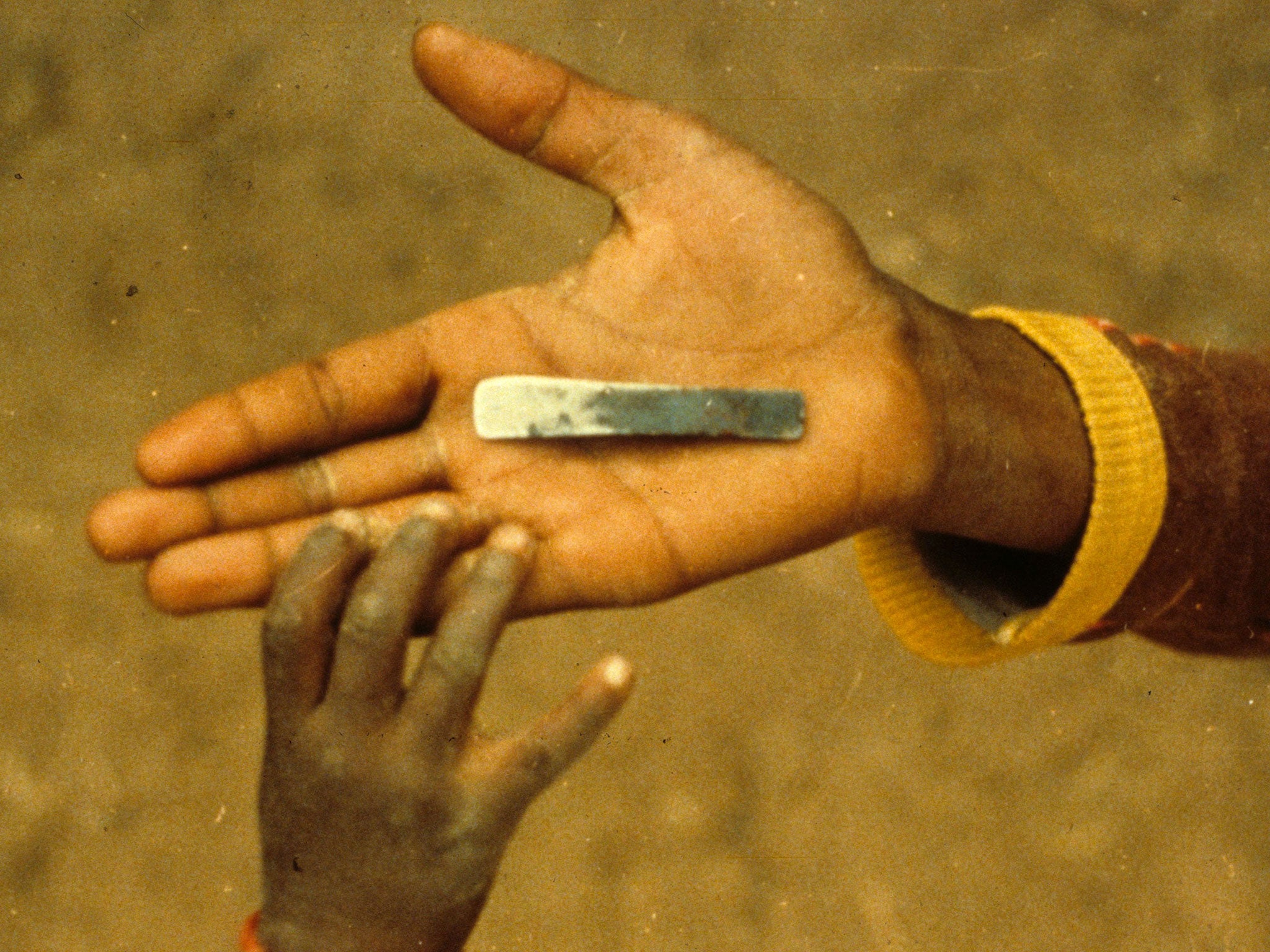Gynaecologists say 'mild' forms of FGM should be tolerated in some instances
Authors argue after 30 years of education on FGM, there has been no positive affect on the amount of females affected

A group of doctors are arguing that "milder" forms of female genital mutilation should be allowed in order to better protect women and girls from serious and long-term harm from other procedures, by preventing some cultural traditions from being demonised and driven underground .
Gynaecologists writing in the Journal of Medical Ethics have said countries who have banned female genital mutilation (FMG) should allow less invasive versions of the practices.
Small “nicks” should be seen as a compromise, the doctors wrote, which they claim are similar to cosmetic procedures women choose to have in the West and male circumcision.
The World Health Organisation (WHO) defines FGM as procedures which intentionally alter or causes injury to the female genital organs for non-medical reasons and that provide no health benefits.
The two American gynaecologists have been criticised by campaigners who say FGM prevention will be undermined.
While the doctors, Shah Arora of Case Western Reserve University Ohio and Allan J Jacobs of Stony Brook University, New York, want people to stop using the term FGM and to instead describe the “milder” form as female genitalia alteration.
FGM tribal circumcision ceremony in Baringo County
Show all 12The WHO ranks FGM into four divisions by severity, with type one and two including partial or total removal of the clitoris and surrounding areas, type three including partially sewing the vaginal opening, and type four covering "all other harmful procedures to the female genitalia for non-medical purposes".
Instead, the doctors propose a new system based on the procedure effects rather than the process, which would include category one having no long-term effects.
While category two would mean procedures would change the appearance slightly, but would not have any lasting effect on reproduction and sexual pleasure.
However, categories beyond one and two, which would involve the removal of the clitoris, would be banned under their proposed idea.
The doctors hope by allowing small nicks and cuts, some communities will be able to uphold their religious traditions, while at the same time, protect women from more dangerous cutting and extreme cases that can involve sewing up the vulva.
Currently, attitudes towards FGM are “insensitive and supremacist and discriminatory against women”, the paper authors said.
The authors argue after 30 years of education on FGM, there has been no positive effect on the amount of females affected.
The fact western laws make FGM illegal "in some instances worsen health outcomes by driving the practice underground", say the authors.
Critics of the paper say all forms of FGM were designed to ensure women’s bodies were "physically, aesthetically or socially acceptable to men", according to the Times.
An NSPCC spokesperson said: "The comments are unhelpful and won’t do anything to prevent these practices which are totally unacceptable. Widespread awareness of FGM and its impact on girls and women has come a long way among professionals and agencies in a relatively short time, but there’s some way to go.
"The suggestion of having different categories of FGM runs the risk of creating ambiguity around the issue and confusion around what should be reported. This can only be bad for children affected by this brutal form of abuse."
Females as young as babies to the age of 15 are most at risk of FGM.
The UN estimates around 200 million women and girls have been affected by FGM in the last 30 years and is a violation of human rights against girls and women.
Subscribe to Independent Premium to bookmark this article
Want to bookmark your favourite articles and stories to read or reference later? Start your Independent Premium subscription today.

Join our commenting forum
Join thought-provoking conversations, follow other Independent readers and see their replies